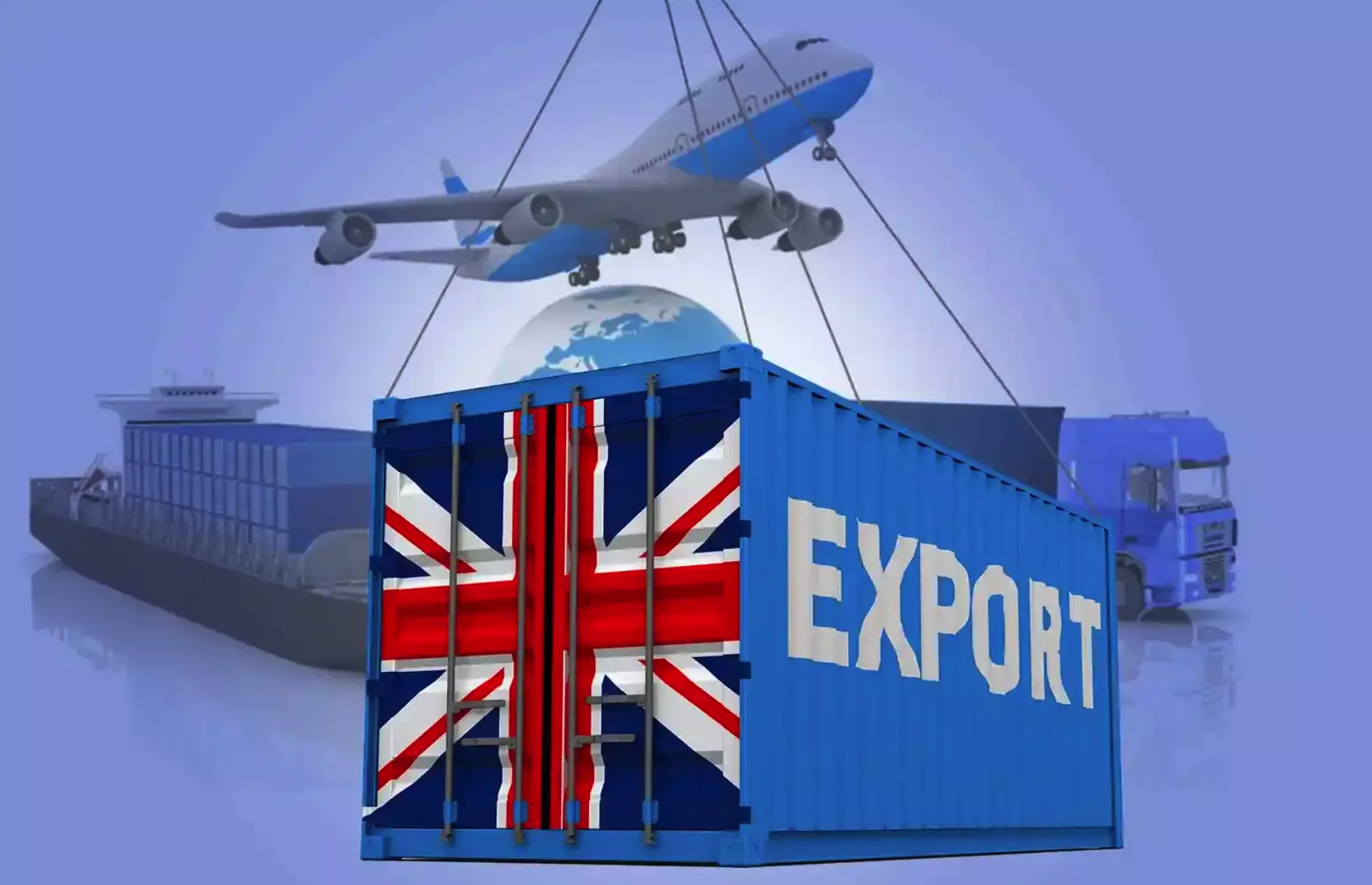Developing Countries Trading Scheme (DCTS)

- 19 Mar 2024
Why is it in the News?
Exporters seeking to avail duty concessions on shipments to the UK will have to adhere to the new British rules under the Developing Countries Trading Scheme (DCTS).
What is the Developing Countries Trading Scheme (DCTS)?
- The Developing Countries Trading Scheme (DCTS) is a preferential trading scheme introduced by the United Kingdom to promote trade with developing countries and support their economic growth.
- The DCTS is designed to support sustainable growth in these countries through a more generous unilateral offer compared to the current Generalised Scheme of Preferences (GSP).
Key provisions of the DCTS include:
- Tariff Reduction: Lowering tariffs facilitates easier exportation of goods from developing countries to the UK market.
- Liberalized Rules of Origin: Simplifying rules of origin requirements streamlines trade between developing nations and the UK.
- Simplified Conditions: The scheme's conditions are simplified to facilitate easier access for developing nations.
- The DCTS extends to countries currently benefiting under the UK's GSP, encompassing 47 Least Developed Countries (LDCs) and 18 additional low-income (LIC) and lower-middle-income (LMIC) countries or territories identified by the World Bank.
- However, it excludes countries classified as upper-middle income by the World Bank for three consecutive years or those with a free trade agreement (FTA) with the UK.
- The UK government's policy response to the DCTS introduction is structured into four sections, addressing rules of origin, tariffs, goods graduation, and scheme conditions.
- Overall, the DCTS signifies the UK's commitment to bolstering trade opportunities and sustainable growth in developing countries by providing improved market access and favorable trade terms.
Significance For India:
- The Developing Countries Trading Scheme (DCTS) has significant implications for India, as it offers preferential access to the United Kingdom's market.
- India, being classified as a lower-middle-income country by the World Bank, is eligible to benefit from the DCTS.
- Trade opportunities: The scheme provides reduced or eliminated tariffs on various goods, making it easier for Indian exporters to access the UK market.
- This results in enhanced trade opportunities and increased competitiveness for Indian products.
- Economic growth: By improving access to a major global market, the DCTS can contribute to India's economic growth, creating jobs and boosting the country's export sector.
- Diversification: The scheme encourages Indian businesses to diversify their export portfolio, helping to reduce reliance on specific sectors or trading partners.
- Sustainable development: Through its focus on promoting sustainable development and economic growth in participating countries, the DCTS aligns with India's own goals to foster inclusive and sustainable economic progress.
Overall, the DCTS presents a positive outlook for trade between India and the UK. It offers Indian exporters improved access to the UK market, reduced trade barriers, and a conducive environment for sustainable growth. India can leverage the opportunities provided by the DCTS to strengthen its trade relationship with the UK and potentially increase its exports, benefiting its economy and the livelihoods of its people.
